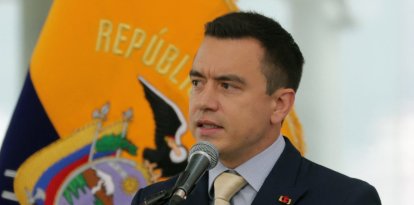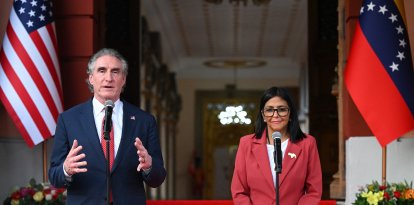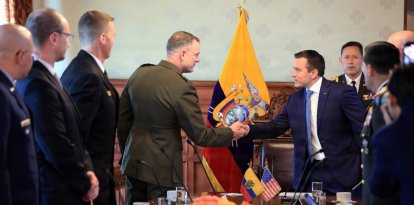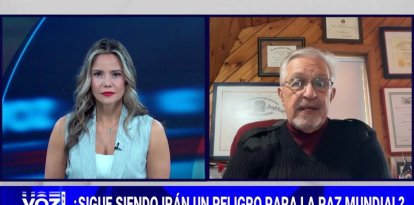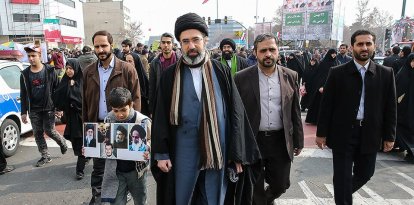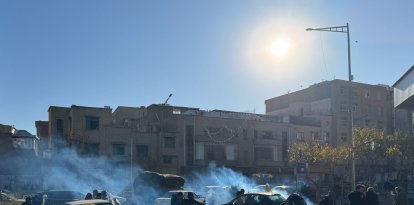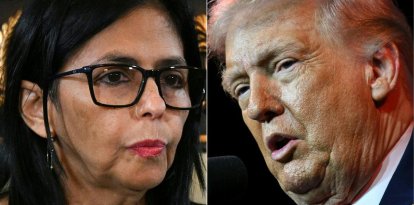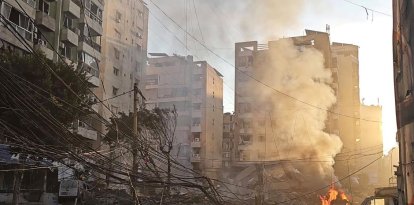Spain: Congress approves the controversial amnesty law
The law, promoted by the left, propoes pardoning those who committed acts of terrorism during the failed independence process in Catalonia.
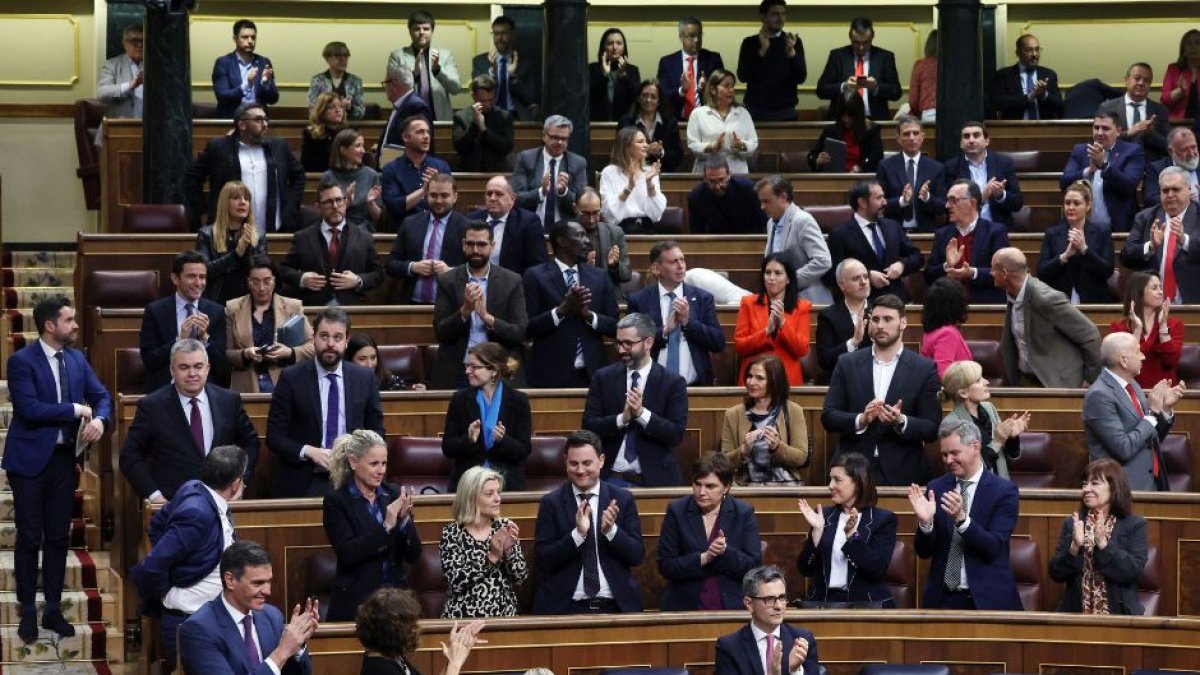
(AFP)
The Congress of Deputies - the Lower House of Spain - approved the controversial amnesty law proposal promoted by President Pedro Sánchez. The law will pardon politicians from the Catalan separatist parties who committed crimes when they called an illegal referendum and proclaimed independence in Catalonia. The Spanish legal system had considered these actions to be a show of terrorism. The accused politicians will be pardoned from terrorism, treason and embezzlement of public funds.
This Thursday, the law was passed in a second vote, thanks to the support of 178 parliamentarians from the Partido Socialista Obrero Español (PSOE, led by Sánchez); Sumar (the party of Second Vice-President Yolanda Díaz); Esquerra Republicana de Catalunya (ERC, the pro-independence progressive party in Catalonia); Junts per Catalunya (the Catalan separatist right-wing party); Podemos; the Galician Nationalist Bloc (BNG); EH Bildu (the pro-independence left-wing party from the Basque Country region); and the Basque Nationalist Party (PNV).
172 legislators voted against the law. All of them were members of the Partido Popular (PP), Vox, Coalición Canaria (CC) and Unión del Pueblo Navarro (UPN). Once approved in the Congress of Deputies, the law will go to the Senate.
Independence, the next step in the amnesty law?
The amnesty law was one of the non-negotiable requirements of the Catalan independence political parties to support Sánchez's presidency. One of their demands involved pardoning those who violently proclaimed the independence of Catalonia in 2017. The main leaders of that illegal movement left Spain and fled to other countries including the former president of the region Carles Puigdemont.
"The amnesty responds to an objective, which is not to turn the page or reach a final point, but to overcome an erroneous stage of judicial and police repression to a political movement, and to definitively convert politics into what is the management of a conflict of a political nature," said Puigdemont who now lives in Brussels (Belgium), as soon as the news went public.
They also insist on separating Catalonia from the rest of Spain and declaring it an independent country. During the parliamentary session before the vote this Thursday, Míriam Nogueras, spokesperson for Junts per Catalunya, said "This is not the end. Our objective continues to be the independence of Catalonia." Pilar Valluguera, spokeswoman for the ERC said, "They are not going to stop demanding the right to self-determination."
Sánchez has repeatedly stated that Catalonia will never become independent. He also said, at the time, that the leaders involved in the illegal declaration of independence in 2017 were never going to be pardoned. This Thursday, those who committed crimes got what they wanted. The president has gone back on his word once again.
Sánchez "has sold the sovereignty of the Spanish"
The opposition was very harsh on the president and his party for giving in to the interests of a small part of the country's population. Alberto Núñez Feijóo, president of the Popular Party and leader of the opposition, accused Pedro Sánchez and his PSOE colleagues of "abiding" to all the demands of the independence movement in exchange for presiding over Spain for one more term. "This law divides Spain in two and divides Catalonia in two," he said from the Congress of Deputies.
Vox also criticized the move. The leader of the conservative party, Santiago Abascal, blamed Sánchez for "having no scruples, no limits or any principles" and for "having sold the sovereignty of the Spanish people."
November protests
In November 2023, millions of Spaniards took to the streets across the country to protest against this very legislation that passed this Thursday. In Madrid, citizens gathered for days at the doors of the PSOE headquarters, located downtown on Ferraz Street. Several people were arrested after police got involved. They were arrested for attacking authority and civil disobedience.
The demonstrations were supported by the main opposition parties. Some were more vigorous, like Vox, and others took a more cautious approach, like PP. In fact, this latter preferred to distance itself from the protests outside of the PSOE headquarters and instead organized its own demonstrations in other Spanish cities.













